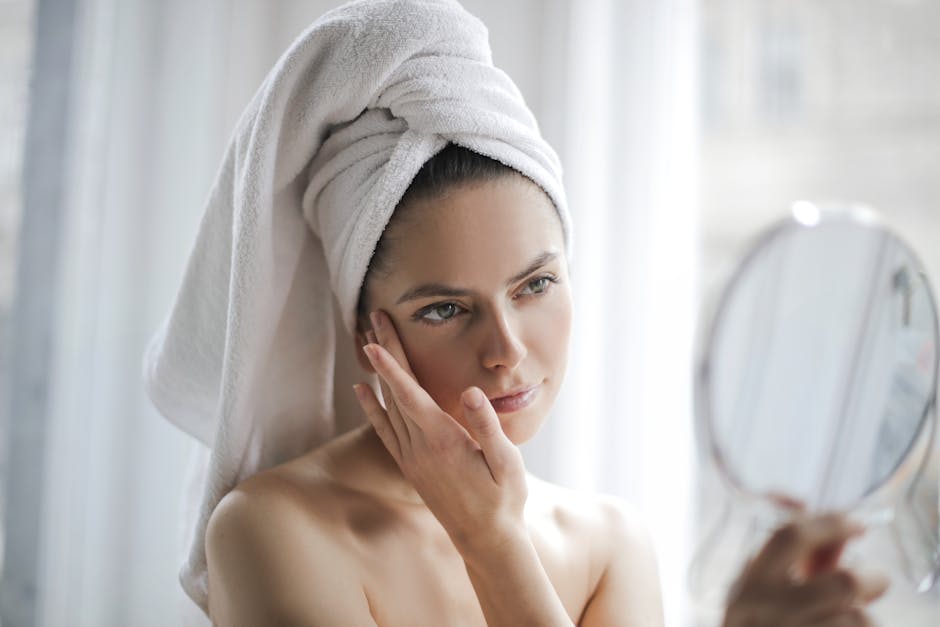Tips And Guide To Cure Acne: A Comprehensive Guide For Clear Skin
Acne, a common skin condition characterized by pimples, blackheads, and whiteheads, can affect people of all ages. While it's often considered a teenage problem, acne can persist into adulthood, causing significant distress and impacting self-confidence. Fortunately, with the right approach, it is possible to cure acne and achieve clear, healthy skin. This comprehensive guide will provide you with proven tips and a step-by-step plan to effectively combat acne.
**Understanding the Causes of Acne**
Acne occurs when hair follicles become clogged with dead skin cells and oil (sebum). This creates an environment where bacteria can thrive, leading to inflammation and the formation of pimples. Hormonal fluctuations, genetics, and certain medications can also contribute to acne development.
**Tips for Curing Acne**
1. **Establish a Consistent Skin Care Routine:** Cleanse your face twice daily with a gentle cleanser specifically formulated for acne-prone skin. Avoid harsh scrubs that can irritate the skin and worsen acne. Use a moisturizer to hydrate the skin and prevent dryness, but choose oil-free and non-comedogenic products that won't clog pores.
2. **Exfoliate Regularly:** Exfoliation helps remove dead skin cells and unclog pores, reducing the risk of breakouts. Use a gentle exfoliating scrub once or twice a week, but avoid over-exfoliating, as this can irritate the skin.
3. **Use Effective Acne Treatments:** Over-the-counter acne treatments containing ingredients like salicylic acid, benzoyl peroxide, or retinoids can help kill bacteria, unclog pores, and reduce inflammation. Use these products as directed and consult a healthcare professional if you experience any side effects.
4. **Consider Prescription Medications:** If over-the-counter treatments are not effective, your dermatologist may prescribe stronger medications like antibiotics, oral retinoids, or hormone therapy. These medications can be effective in treating severe acne, but they also come with potential side effects.
5. **Avoid Touching Your Face:** Touching your face can transfer bacteria to your skin, leading to breakouts. Keep your hands away from your face as much as possible and avoid picking or squeezing pimples, as this can worsen inflammation and scarring.
6. **Manage Stress:** Stress can trigger hormonal changes that can contribute to acne. Find healthy ways to manage stress, such as exercise, yoga, or meditation.
7. **Get Adequate Sleep:** Lack of sleep can increase stress and hormone levels, which can lead to acne flare-ups. Aim for 7-9 hours of quality sleep each night.
8. **Adopt a Healthy Diet:** While there is no specific "acne diet," eating a balanced diet rich in fruits, vegetables, and whole grains can support overall skin health. Limit processed foods, sugary drinks, and dairy products, as these can contribute to inflammation.
**Conclusion**
Curing acne requires patience, consistency, and a tailored approach. By following these tips and consulting with a healthcare professional, you can develop a comprehensive acne treatment plan that addresses your specific needs. Remember that everyone's skin is different, and what works for one person may not work for another. Be patient with yourself, experiment with different products and treatments, and never give up on achieving clear, healthy skin.


